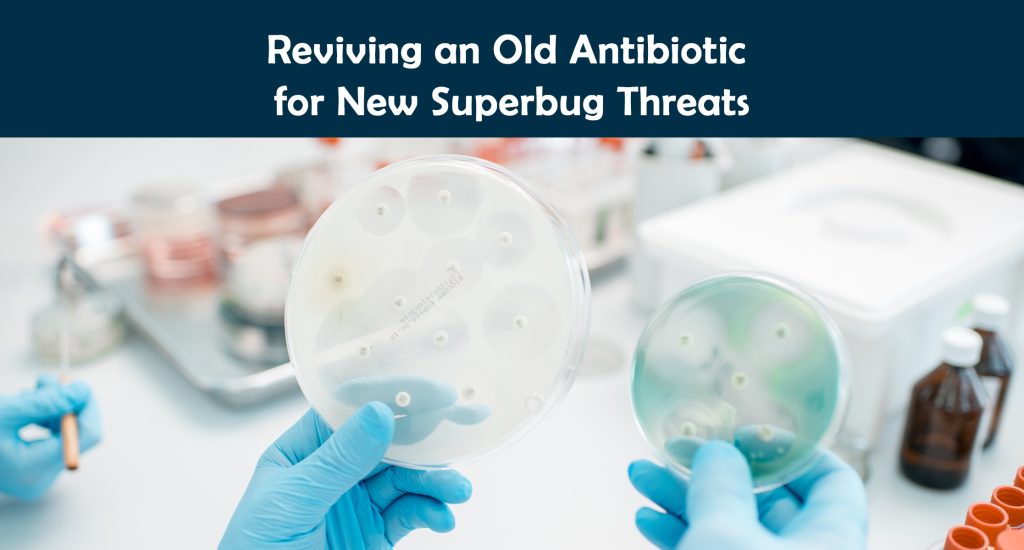
An antibiotic, streptothricin, isolated in the 1940s but forgotten due to its toxicity to human kidneys, is being reexamined for its potential in combating drug-resistant superbugs, especially gram-negative bacteria. Renamed nourseothricin, it is a natural product produced by gram-positive soil bacteria, offering a distinct mechanism to penetrate gram-negative bacteria’s defenses. Recent studies, led by pathologist James Kirby at Harvard University, have found that one of its components, streptothricin F, effectively kills drug-resistant gram-negative bacteria with minimal toxicity in mouse models. Researchers aim to further enhance these forgotten antibiotics, potentially introducing a new class of medicines for stubborn bacterial infections.

Source: https://journals.plos.org/plosbiology/article?id=10.1371/journal.pbio.3002091
